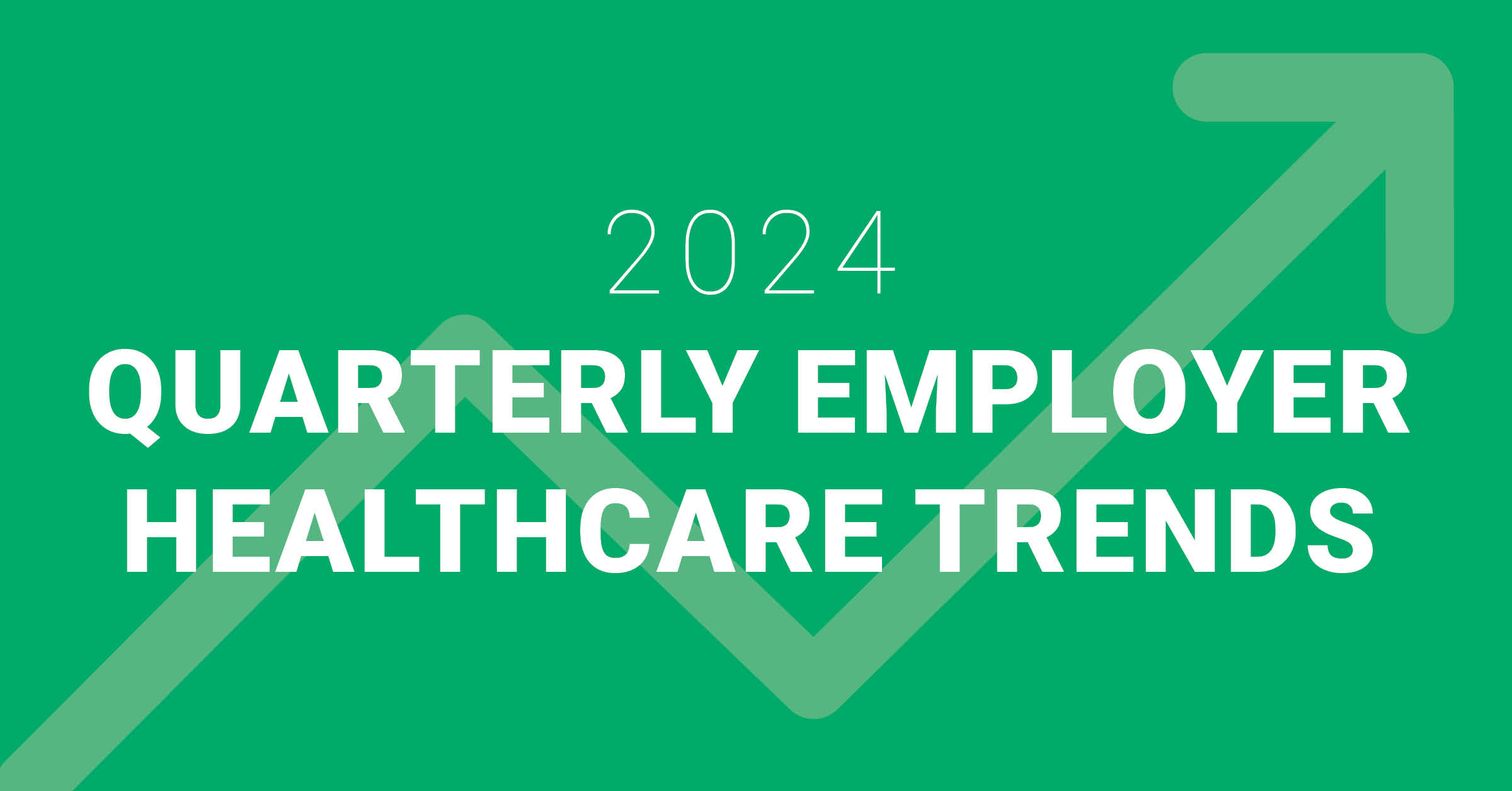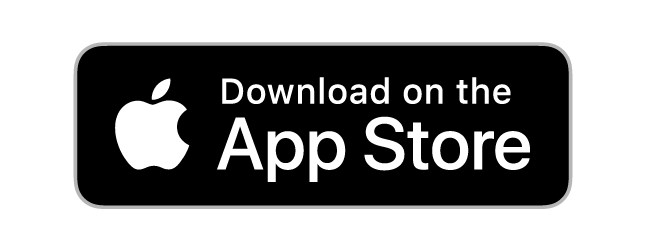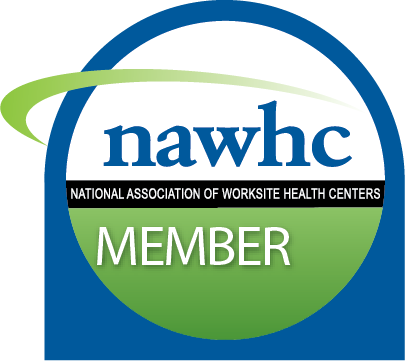Did you know that nearly nine out of ten adults may lack the health education needed to manage their health and prevent disease?
When it comes to health, ignorance isn’t bliss. Health education helps your employees understand their health and act on information to make good health decisions. Through education and awareness, your employees can connect the dots between their lifestyle choices and their health. Health education can positively affect employee behavior, improve health decisions, and ultimately lead to improved health outcomes.
Why Your Employees Make Unhealthy Choices
It starts by accepting what we can, and cannot, control. External health factors like housing, transportation, employment, and education influence our overall health. Business can address these social determinants of health, but today we’ll focus on one piece of that puzzle: health education.
Recent studies show “persons with limited health literacy skills are more likely to skip important preventive measures such as mammograms, Pap smears, and flu shots. Studies have shown that patients with limited health literacy skills enter the healthcare system when they are sicker.” Plus, the Journal of General Internal Medicine shares that “ER patients with inadequate health education are twice as likely to be hospitalized as those with adequate health information.”
Health Education Improves Employee Health
Here’s the good news: health education is one of the single most modifiable social determinants of health. Helping people improve their health education can lead to lower stress levels, healthier learned behaviors, larger supportive social networks, and healthier neighborhoods. Knowledge is power, and when your workforce is informed about their health, they are empowered to improve it.
Health Coaching Engages Employees in Their Health
Our Healthy Like Me patients say that health information can be a wake-up call, but it can also feel overwhelming. To help your employees understand and act on their health information, worksite health coaches guide, support, and provide care by building trust with their patients.
Physicians should connect with their patients by listening to them with an empathetic ear. This helps to understand where they’re coming from and where they’d like to go. This is done by understanding the patient’s health literacy, home life, routine, and goals is very important. Only after that can steps toward real, lasting behavioral change occur.
You might also like
Subscribe to our newsletter and stay on the cutting edge of worksite healthcare.









